The five veto-wielding members of the Security Council, on which 15 members serve, have traditionally been divided into two camps: France, Britain and the US referred to as the P3, against Russia and China.
But Trump’s friendly relations with Russia could reshape the UN’s response to conflicts from Syria to Ukraine. A key test may come in February, when Ukraine will hold the Security Council’s rotating presidency. The country will be looking for the council’s continued backing in its claims to Crimea and the conflict on its eastern border.
The new direction taken by the US could potentially influence the deployment of peacekeepers or condemnations about human-rights violations. While the five permanent members can veto resolutions, they usually rely on majority support from other Security Council members for their cause instead.
Foreign diplomats “will be flying blind” with Trump, said Richard Gowan, a fellow at the European Council on Foreign Relations. “Many expect him to work more closely with Russia but are not sure how far this will go.
“If Trump cozies up to Russia while continuing to pick fights with Beijing over trade and Taiwan, Security Council dynamics could become decidedly weird,” Gowan said. “We could see Moscow and Washington trying to collaborate at the UN while Beijing maneuvers to undermine their cooperation.”
This does not bode well for Ukraine, hoping that other nations will continue to condemn Russia’s referendum on Crimea. Syria’s beleaguered opposition, could finally implode.
Britain is deeply concerned that Trump’s relationship with President Vladimir Putin will advance Russian interests in eastern Europe, according to two senior officials, who asked Bloomberg not to be identified discussing a sensitive matter.
It has typically been Russia with backing from China, seeking to stop or slow UN condemnations or calls for cease-fires or other forms of intervention in Syria. China has supported Russia’s positions in vetoing five resolutions on Syria since 2011.
Trump’s new UN ambassador, Nikki Haley, former governor of South Carolina, said the US will “have the backs of our allies and make sure that our allies have our back as well.” Haily told reporters: “For those that don’t have our back, we’re taking names.”
Haley’s first test may during an emergency Security Council meeting on an Iranian ballistic-missile launch. The US and particularly Israel have condemned such tests as violating the spirit of the UN resolution that ratified the deal curbing Iran’s nuclear program. Iran says the resolution’s prohibition applies only to missiles carrying nuclear warheads.
The UN Security Council resolution in December, critical of Israel’s settlements policy, is likely to cause more upset. In her confirmation hearing a fortnight ago, Haley called the vote one of the most “outrageous”. Members of Congress are proposing to cut or freeze funding for the UN as a result.
Asked about potential cuts in UN funding, White House spokesman Sean Spicer said last week that the president wants to be a “strong steward” of tax dollars. The US provides about $8 billion a year in contributions to the UN through the State Department and other agencies, or about a fifth of the world body’s total budget of $40 billion.
The Trump administration has already shown a deep distrust toward multilateral institutions like the UN, said Reva Goujon, an analyst at Stratfor, the geopolitical advisory company.


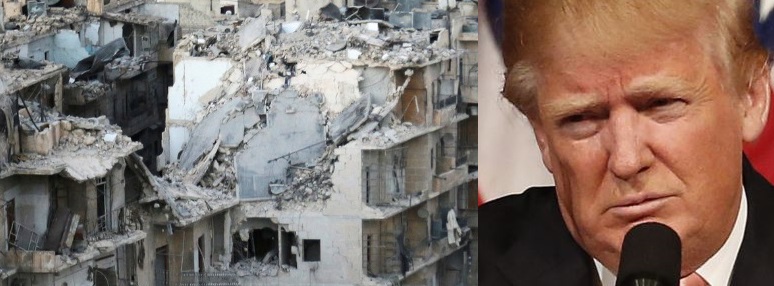

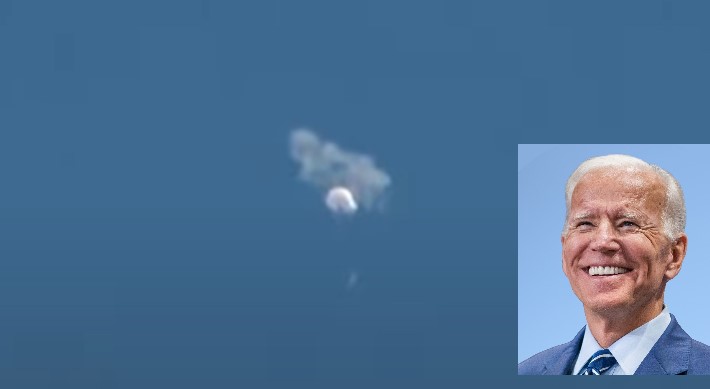


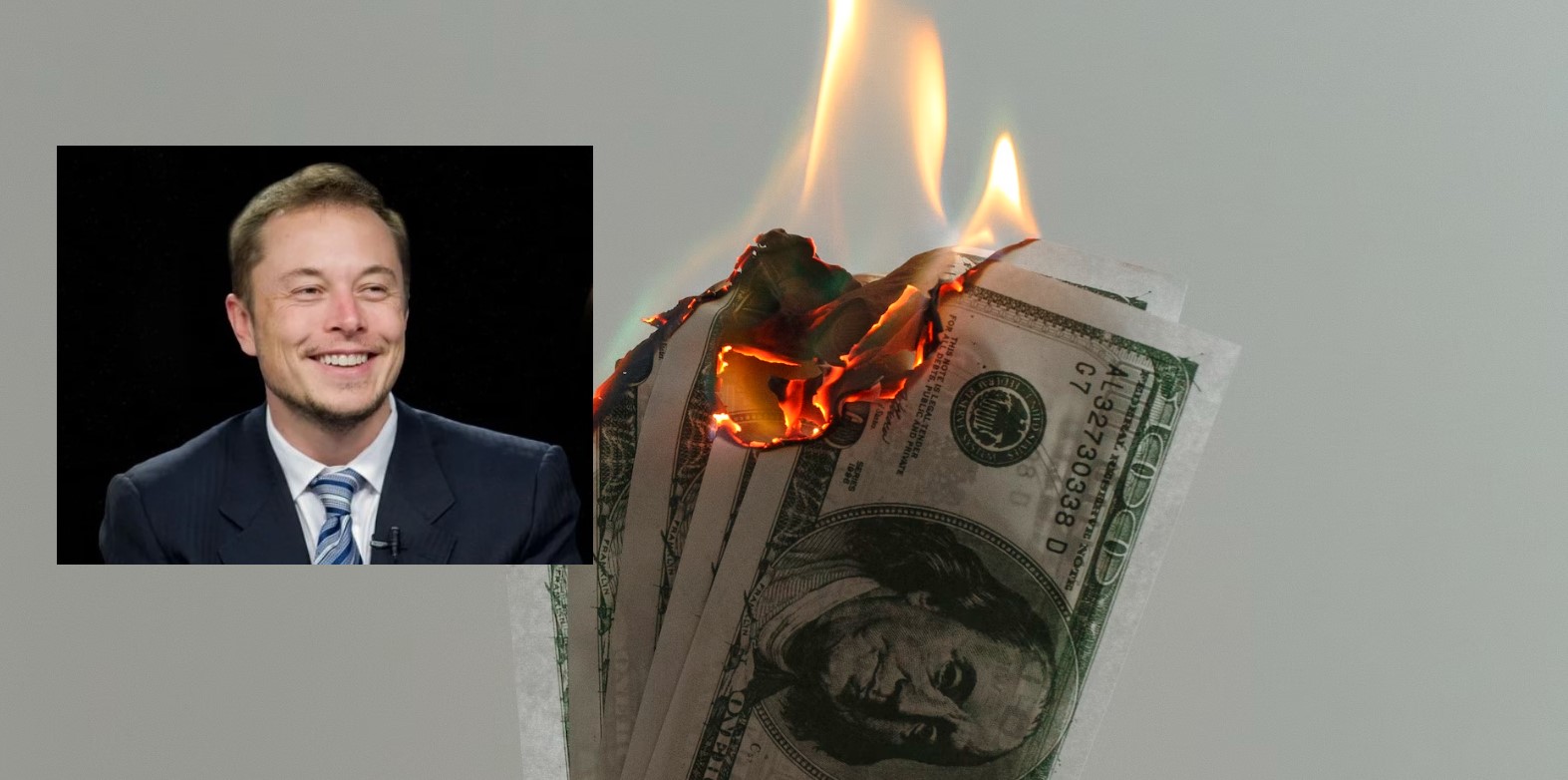


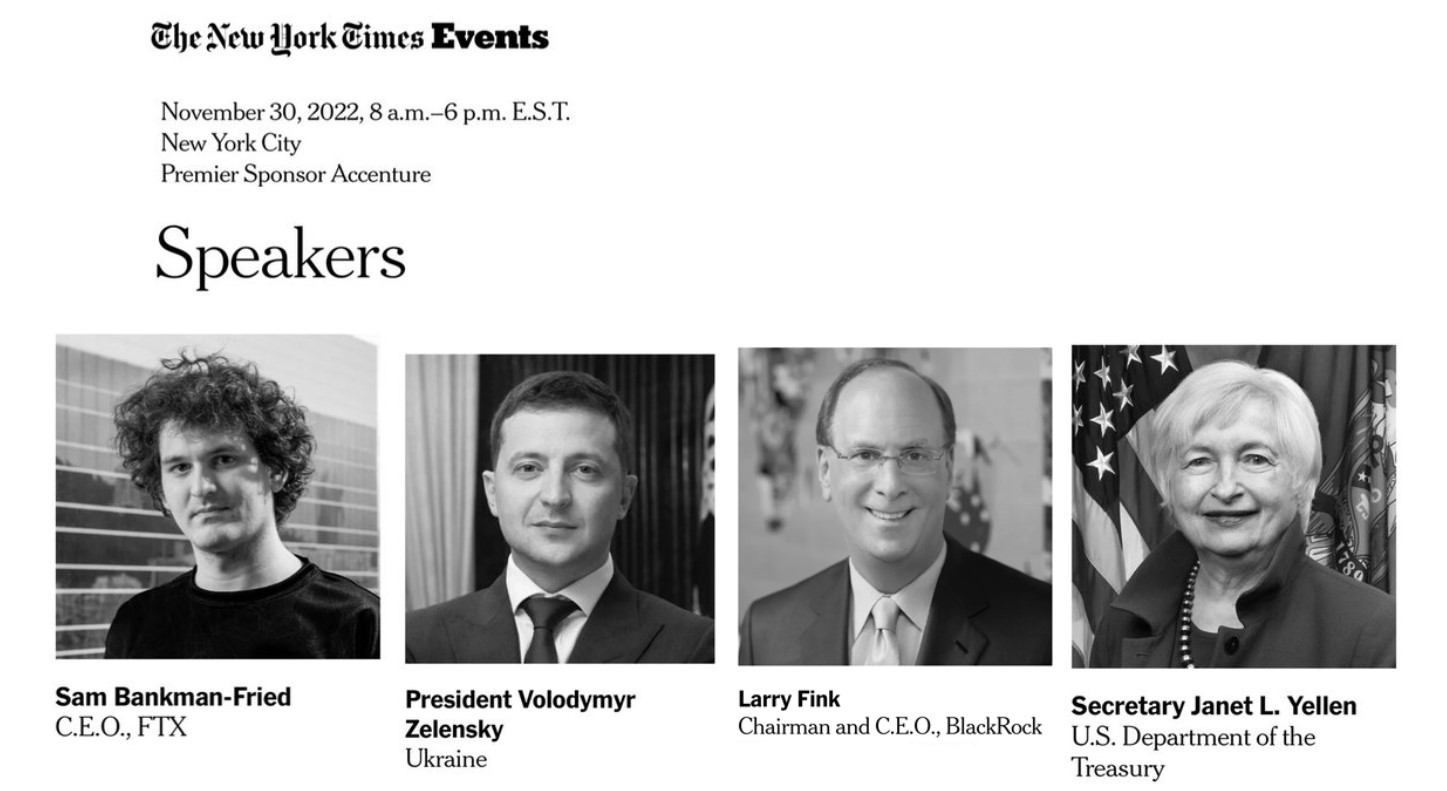

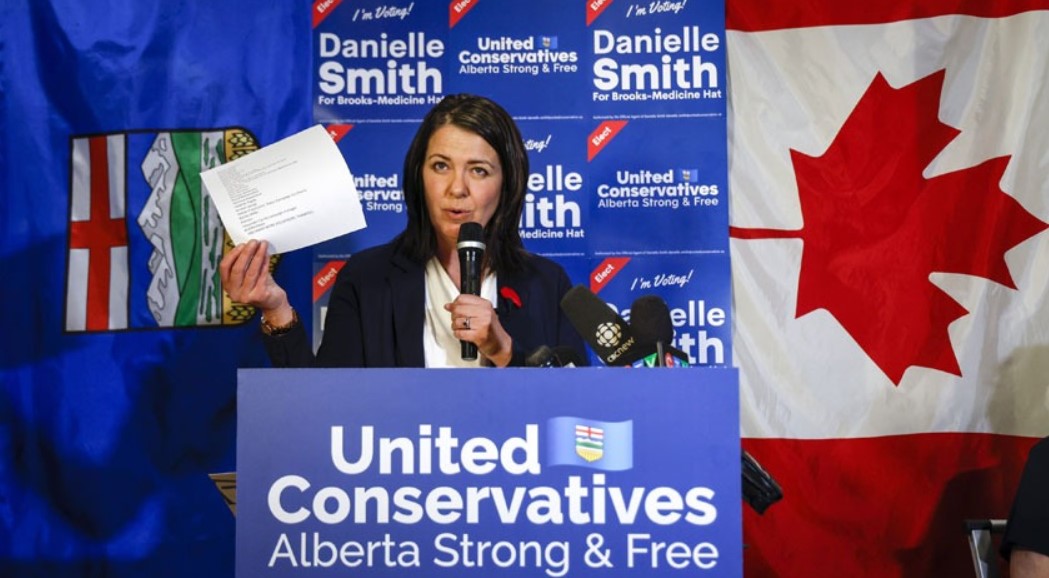
No comments.
By submitting a comment you grant Free West Media a perpetual license to reproduce your words and name/web site in attribution. Inappropriate and irrelevant comments will be removed at an admin’s discretion. Your email is used for verification purposes only, it will never be shared.